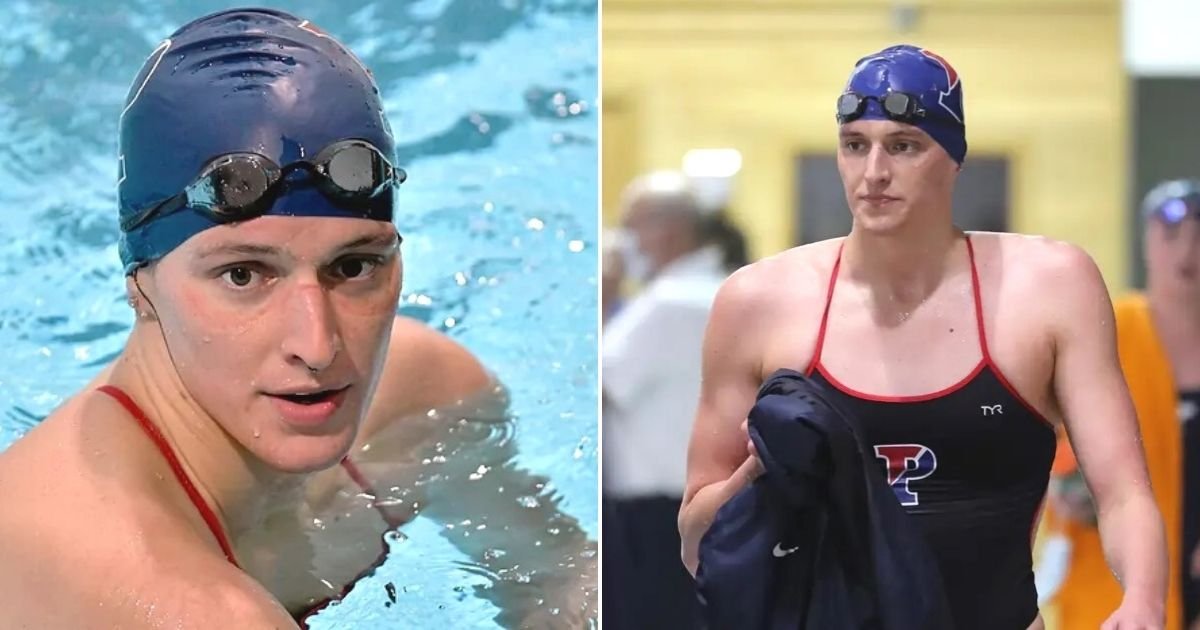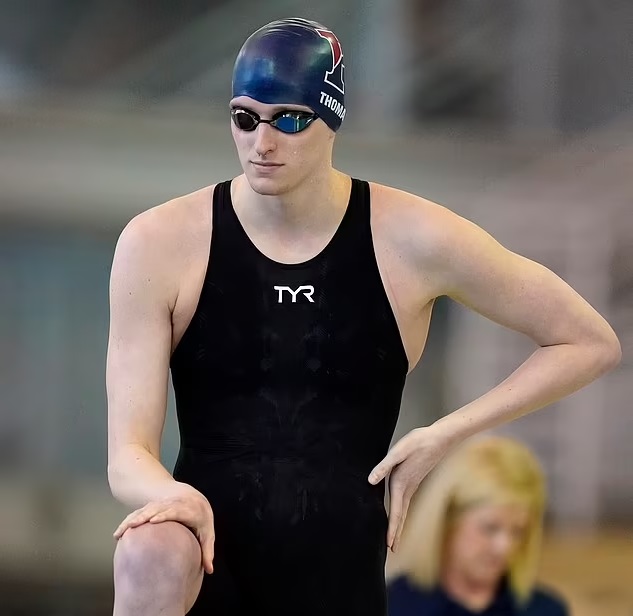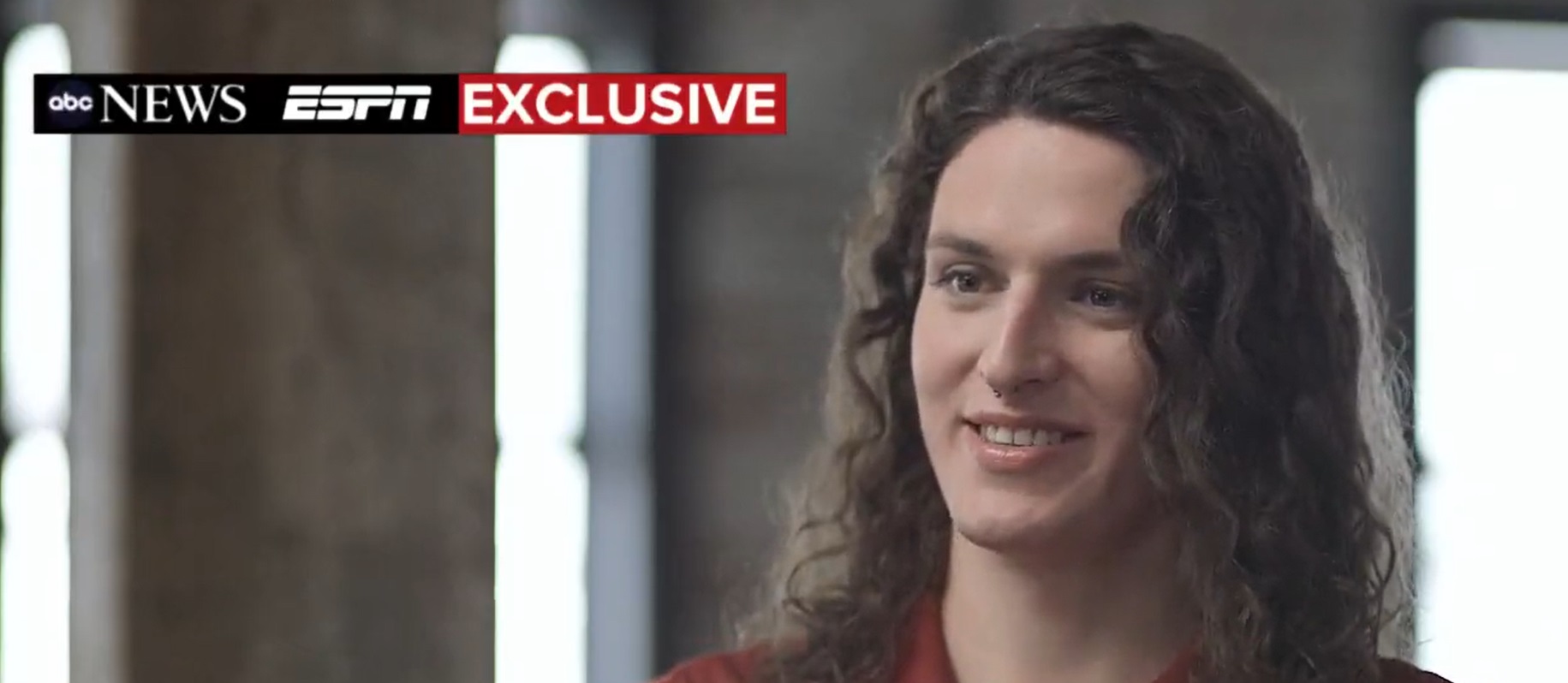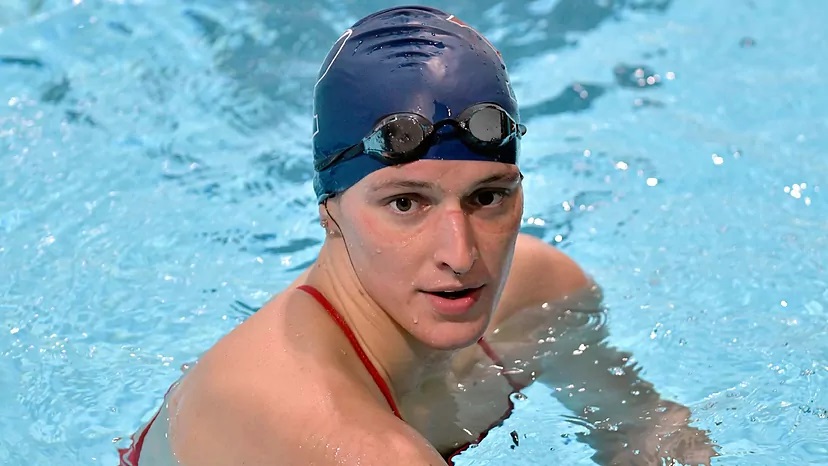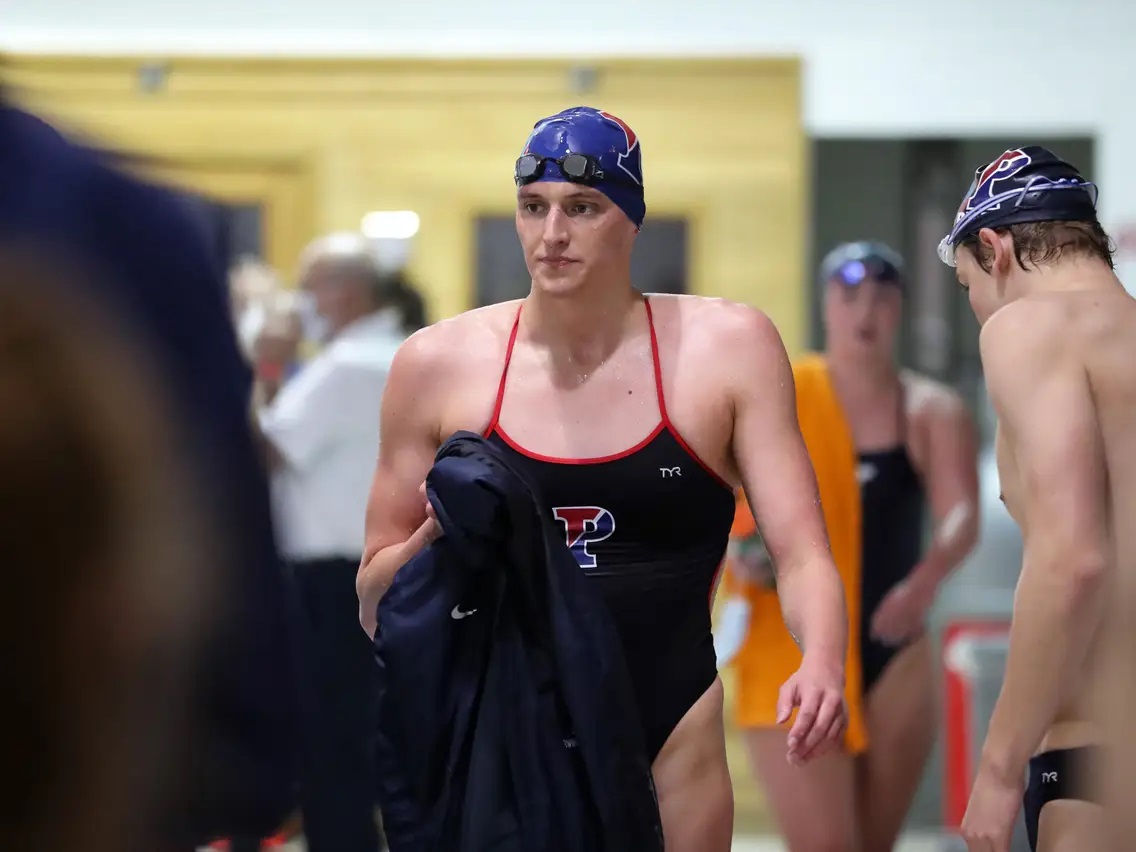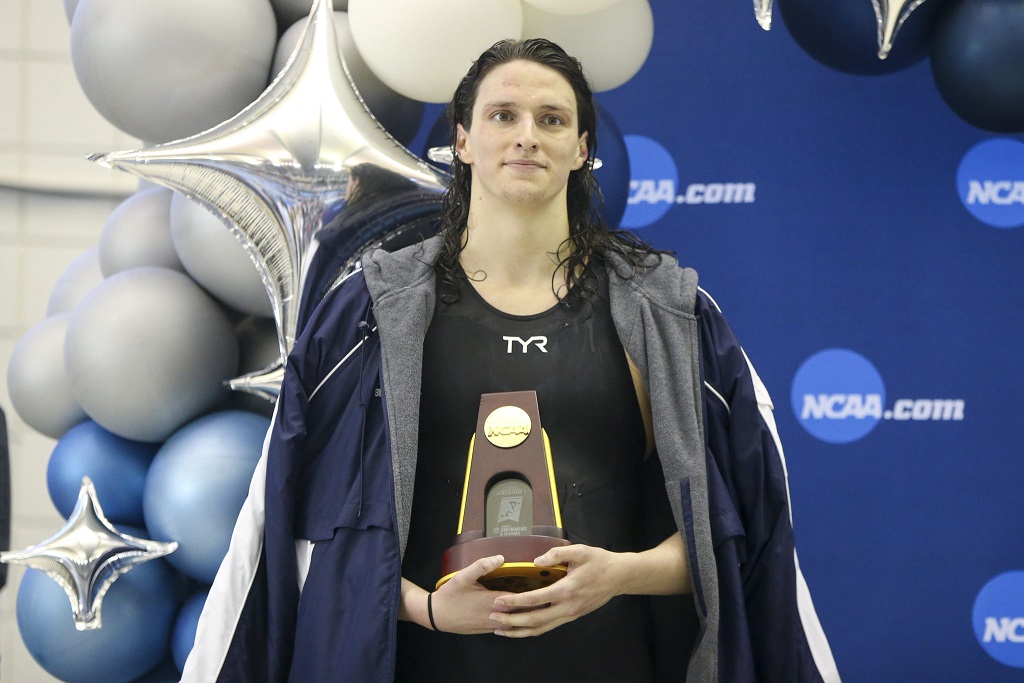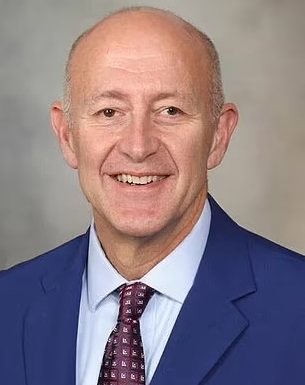Trans swimming champion Lia Thomas has hit back at doctors who claimed she has a physical advantage over the biological women she is competing against.
The UPenn swimmer, who became the first to win an NCAA title after her 500m freestyle performance back in March, has spoken out on Good Morning America after several doctors suggested that trans female athletes have an “unfair” physical advantage over women who were born female due to larger bodies, more developed muscles, and higher levels of testosterone.
Though Lia admitted she’s not a “medical expert,” she insisted some of her competitors were bigger and had bigger hands even though they were biological women.
“I don’t need anybody’s permission to be myself,” the defiant swimmer said before suggesting that everyone who disagrees with her on the matter is transphobic.
“You can’t go halfway and be like ‘I support trans people but only to a certain point.’ If you support transwomen and they’ve met all the NCAA requirements, I don’t know if you can say something like that.
“Trans women are not a threat to women’s sport.”
Thomas, who began her hormone therapy as part of her transition back in 2019, went on to say she is now finally happy because she is able to compete while being herself.
She also said the misery that she suffered while competing as a man has now been lifted, allowing her to focus on her training.
“Trans people don’t transition for athletics. We transition to be happy and authentic and to be ourselves. Transition to get an advantage is not something that factors into our decisions,” she added.
Speaking of claims that her body gives her the advantage over biological women, Lia went on to defend herself by saying that “there’s a lot of variation among cis female athletes” and that some women are bigger, larger, and stronger than others.
“Should that also disqualify them?” she questioned.
Lia’s interview comes shortly after Mayo Clinic doctor, Michael J. Joyner, said physiology and biology play an important role in sports.
“There are social aspects to sport, but physiology and biology underpin it. Testosterone is the 800-pound gorilla,” he told The New York Times.
“Body size, hand size, foot size, bone density [are all factors] but the main thing is the interactions of exercise training and muscle.
“I think that evidence so far would suggest a period of a year, two, three or even four years [of hormone therapy] is insufficient.”
What are your thoughts on this matter? Let us know in the comments and don’t forget to SHARE this post with your family and friends. For more news and stories, follow us on Facebook!
Recommended Video For You!
‘I’m The Scary Transgender Person The Media Warned You About’ | MY TRANS LIFE


